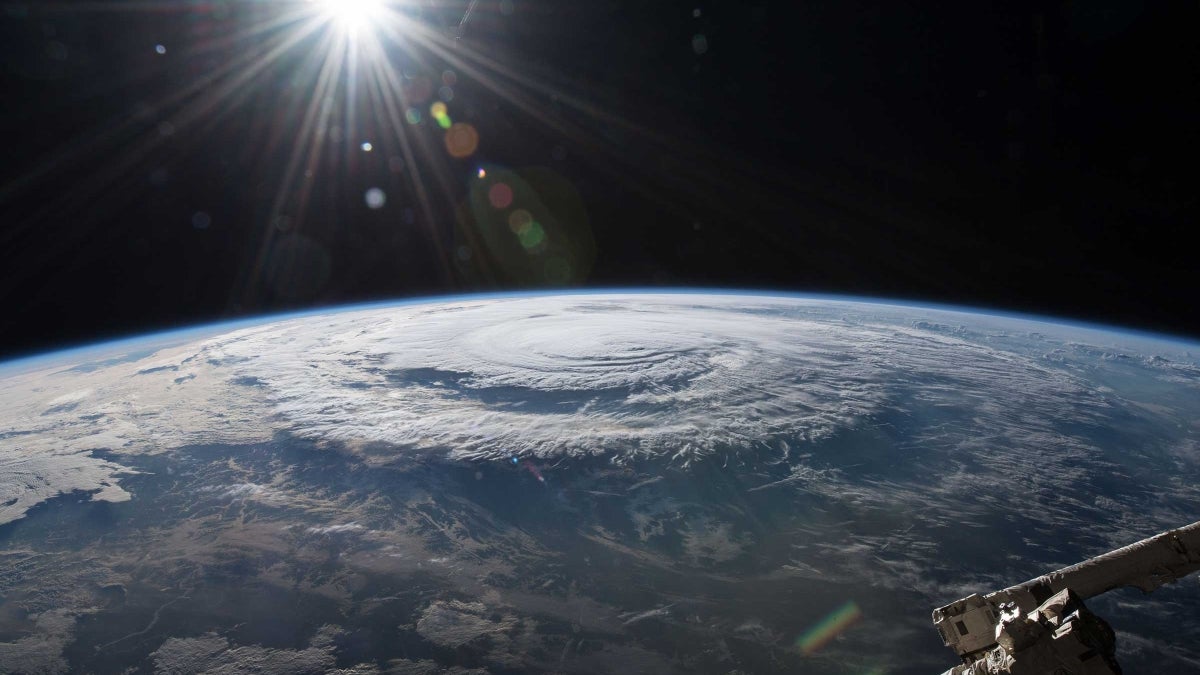Arizona State University’s Origins Project is being transitioned into the Interplanetary Initiative, which is headed by Lindy Elkins-Tanton, the director of ASU’s School of Earth and Space Exploration.
The Interplanetary Initiative has the goal of building the future of humans in space to create a bolder and better society. It will do this by tackling some of the grand challenges presented before society, like: How can public and private support be galvanized for space exploration? What fundamental rules govern the self-sustainability of ecosystems for long-term space settlement? How can we successfully build thriving communities on other worlds?
Because it tackles such large questions, the initiative will draw from all university units and be problem-driven, rather than single-topic-focused as traditional science is today.
“We’re working on a new model for research and education in the university,” Elkins-Tanton said of the initiative. “Our new model is egalitarian, question-driven knowledge, rather than individual investigator-driven research. We have an experimental process for creating teams around big questions, and these teams include people from the community, from the private sector, from government, as well as the university. And we are bringing the techniques of complex problem-solving into the undergraduate curriculum. We hope to fill our society with people who are motivated and know how to solve the problems they see before them.”
Elkins-Tanton said leveraging Origins team strengths in events, building communities, creating compelling materials and communicating with the public will help propel the Interplanetary Initiative.
As part of its activities, the Interplanetary Initiative will produce a program of events that are oriented toward the future of humans in space, Elkins-Tanton said. “We will strive to include the broader community not just in staged events but in dialogue and salons,” she added.
“We are really excited about adding and expanding our offering of the Interplanetary Initiative,” Elkins-Tanton added. “We think this is going to give the Interplanetary Initiative a boost and expand its reach to the public, which will benefit all of those involved.”
Top photo courtesy of NASA
More Science and technology

Lucy's lasting legacy: Donald Johanson reflects on the discovery of a lifetime
Fifty years ago, in the dusty hills of Hadar, Ethiopia, a young paleoanthropologist, Donald Johanson, discovered what would become one of the most famous fossil skeletons of our lifetime — the 3.2…

ASU and Deca Technologies selected to lead $100M SHIELD USA project to strengthen U.S. semiconductor packaging capabilities
The National Institute of Standards and Technology — part of the U.S. Department of Commerce — announced today that it plans to award as much as $100 million to Arizona State University and Deca…

From food crops to cancer clinics: Lessons in extermination resistance
Just as crop-devouring insects evolve to resist pesticides, cancer cells can increase their lethality by developing resistance to treatment. In fact, most deaths from cancer are caused by the…
